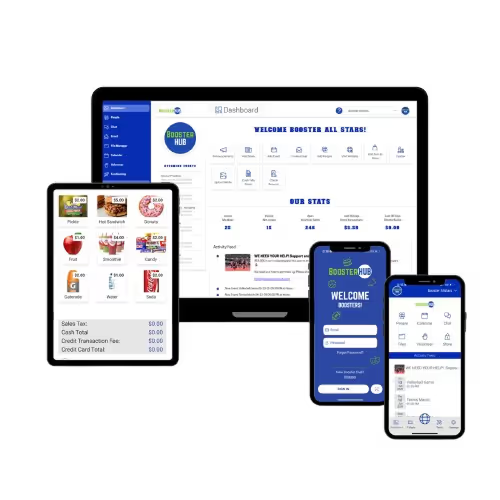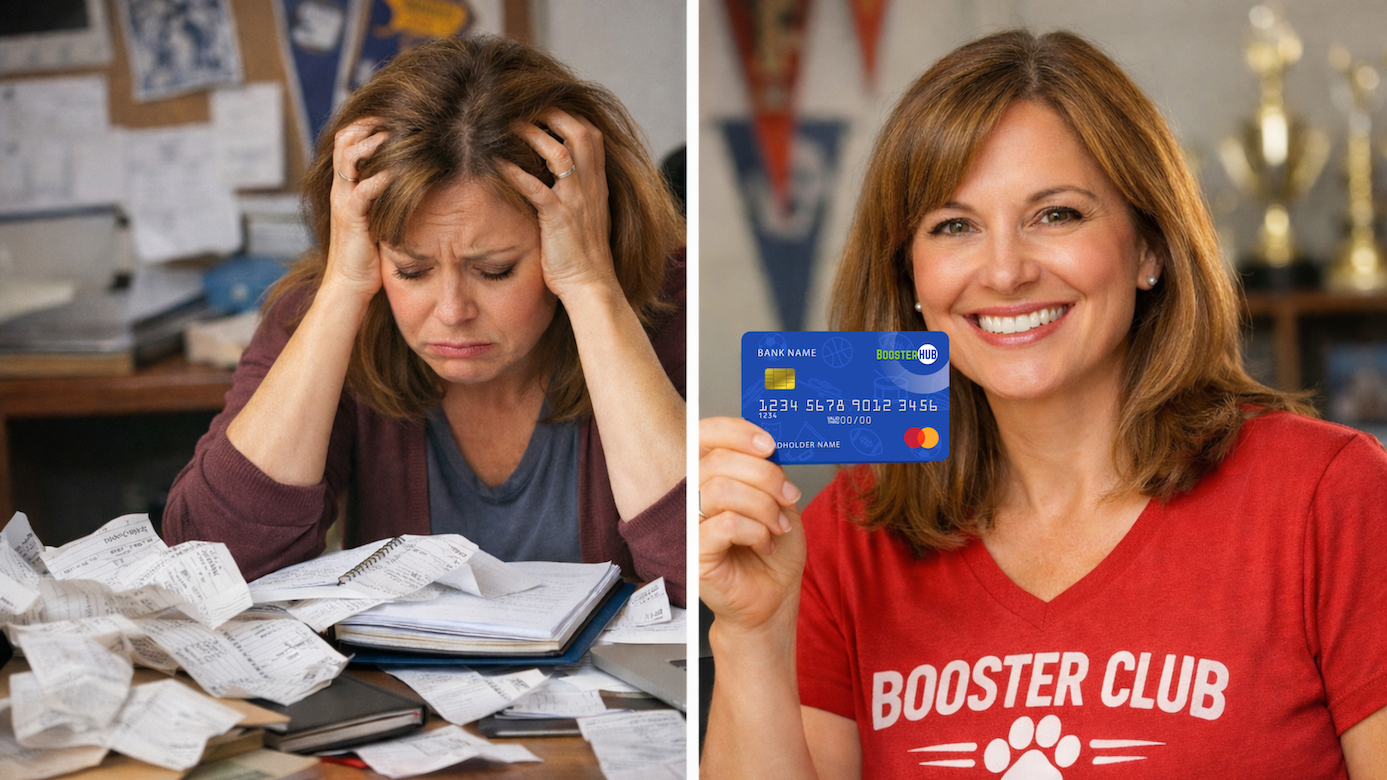
Does My Concession Stand Need a Food Service License?
Does My Concession Stand Need a Food Service License?
A concession stand is one of the most effective ways for your booster club to raise money for sports teams. However, if you have never run a concession stand before, you undoubtedly have tons of questions about it. Running a successful concession stand is not quite as simple as it may appear. In order to do so, you need to familiarize yourself with food service requirements, explore state tax laws, and much more.
The good news is that there are great resources to jumpstart your efforts. In addition to creating this beginner’s guide, the team at BoosterHub frequently tackles important concession-related topics. In this post, we take a deep dive into food service licensing requirements for concession stands. Whether you are already running a successful concession stand or have recently taken over these responsibilities for your booster club, this playbook will help you comply with state and local guidelines.
Who Regulates Food Service in My Area?
Generally, your local health department will establish food service regulations for your community. Your health department will also be responsible for issuing licenses, establishing licensing requirements, and conducting inspections of food preparation areas (if required in your area).
If you live in a rural community, you may fall under the purview of a county health department rather than a municipal organization.
The following are some general licensing requirements as they pertain to concession stands. However, if you have any specific questions, connect with your local health department or other regulatory entity. They will be able to provide specific guidance and help you serve food safely at athletic events.
When Is Licensing Required?
As a general rule, licensing is typically not required if your concession stand is serving pre-packaged food. This is one reason why many booster clubs primarily serve pre-packaged items at their concession stands, especially when working at smaller events.
A few examples of pre-packaged items that your concession stand can serve without a food service license include:
- Beef jerky
- Chips
- Crackers
- Bottled or canned soda
- Bottled water
- Individually packaged juice
- Candy
- Cookies
Any of the above items can be served without a license because concessions personnel are not directly interacting with the food, just with the packaging. However, if you plan on serving prepared food like burgers, boiled peanuts, and hotdogs, your local or state government may require you to obtain a food service license.
On a positive note, many states offer exemptions for schools and nonprofits even if they are serving prepared food items. This means that your concession stand might be able to serve a full range of prepared food without obtaining licensing.
Even if your booster club is exempt from licensing requirements, we suggest that at least one volunteer complete a food service course. This will help protect the booster club and the school from any liability while also ensuring that customers receive safely prepared food.
Getting Certified
Obtaining a food service certification is quick, easy, and affordable. You or the designated volunteer can obtain your certification via a short online course.
While there are many such courses available, you should consider using one that is endorsed by your local health department. This ensures that you are spending booster club resources on a legitimate course that teaches the attendee actionable food service skills.
When selecting who should become certified, choose a volunteer who is consistently involved in concession activities. They can share their new skills with other concession stand volunteers and help all participants practice safe food preparation habits.
Even if licensing is not required in your area, investing in safe food preparation will pay dividends for your booster club.
Simplify Communications from App to Website




.avif)